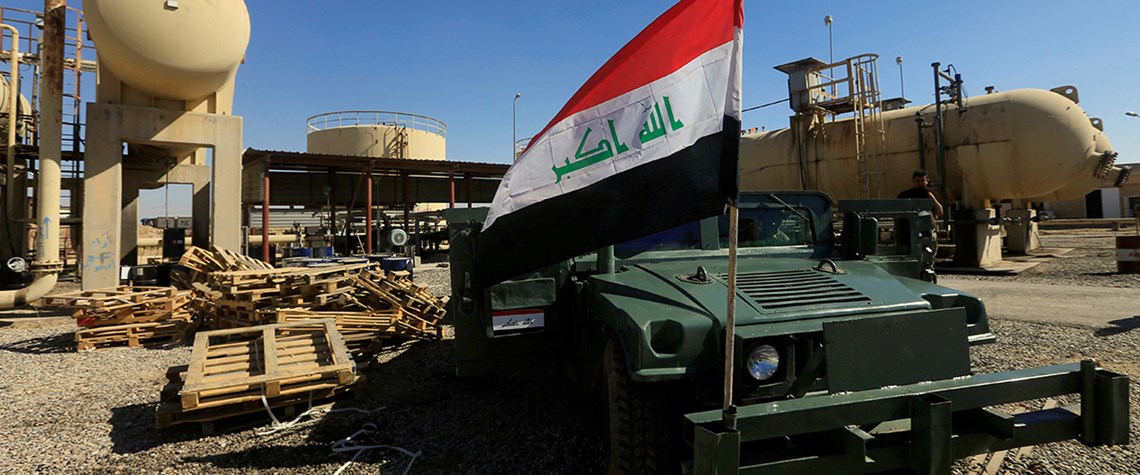Iraq close to a deal?
The outlook for the energy sector is bright, but the post-elections political prospects remain cloudy
Two narratives dominate speculation in the aftermath of the parliamentary elections in May, and one should be cautious in giving them credibility, because there'll be much political 'horse trading' in the coming months. The first narrative claims that the Sadrist populist movement, with strong support among Iraq's poorest Shia communities, won the election. This is misleading. The Sadrists, led by the unpredictable cleric, Moqtada al-Sadr, performed better than expected. His Sairoon bloc won 54 out of 329 seats, but its political clout is limited. For example, despite boycotting a parliamentary vote on an election recount, deputies voted it through. How much influence the Sadrists will have

Also in this section
11 August 2025
The administration is pushing for deregulation and streamline permitting for natural gas, while tightening requirements and stripping away subsidies from renewables
8 August 2025
The producers’ group missed its output increase target for the month and may soon face a critical test of its strategy
7 August 2025
The quick, unified and decisive strategy to return all the barrels from the hefty tranche of cuts from the eight producers involved in voluntary curbs signals a shift and sets the tone for the path ahead
7 August 2025
Without US backing, the EU’s newest sanctions package against Russia—though not painless—is unlikely to have a significant impact on the country’s oil and gas revenues or its broader economy








